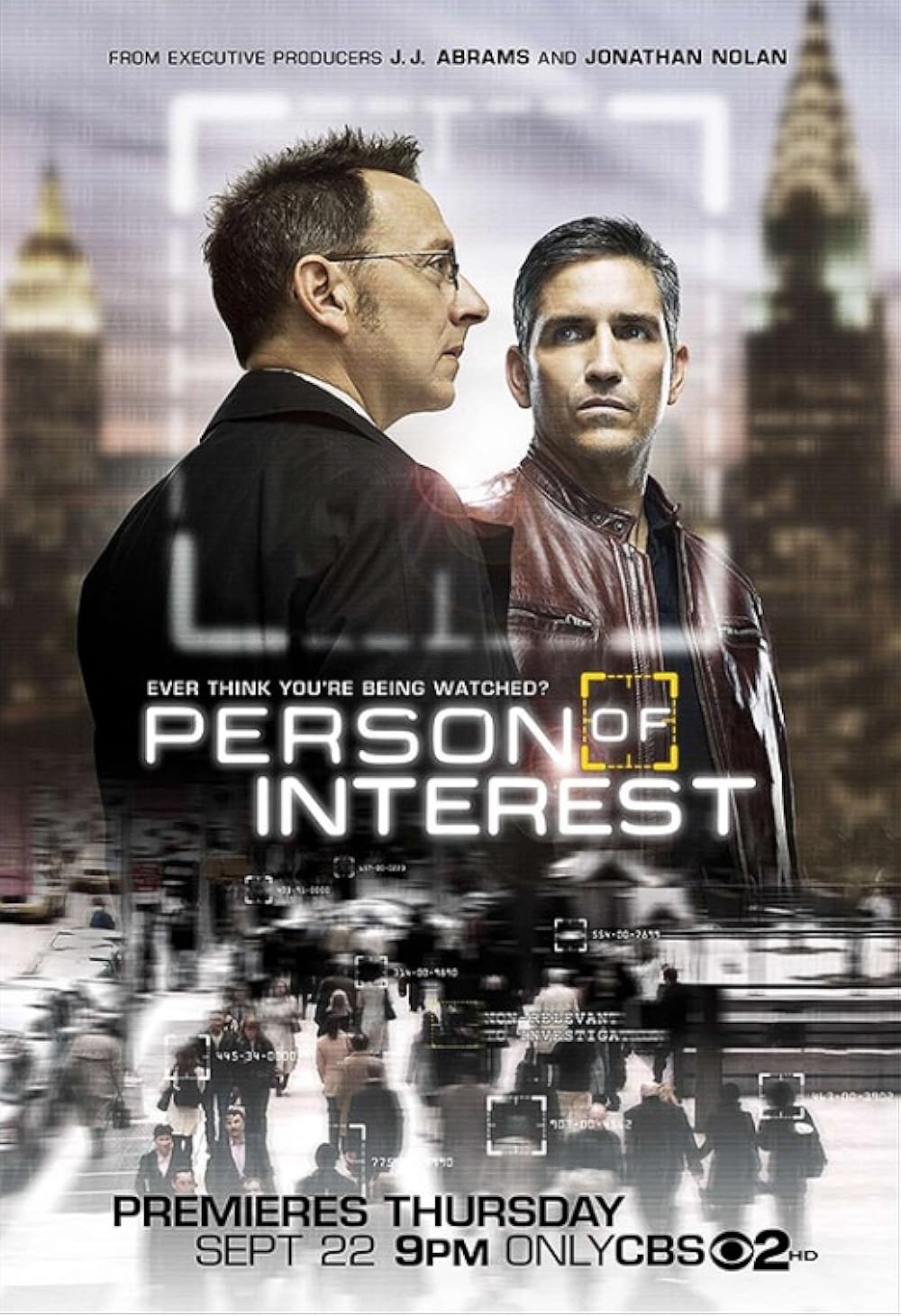Arantor
Well-known member
- Joined
- 24 May 2022
- Messages
- 968 (0.00/day)
I recently watched through this series - a few years after it came out, admittedly, and it's actually a lot smarter than it would appear on the surface. (I am not revealing anything beyond the first... 10 minutes or so of the pilot episode.)
As the story opens, we're following a guy who is living homeless in NYC. Some things happen and he's approached by some heavies who escort him to an enigmatic man standing alone on the bank of the Hudson river.
The man explains that he has a list. A list of people who are about to be involved in something. He doesn't know if the people are the victims or the perpetrators - merely that they're about to be involved, and that the list is never wrong.
In that respect it has a setup for a sort of off-beat police procedural - the crime of the week and how it's going to go down, but as the series unfolds, we learn the source of the enigmatic man's list, what the list cost to produce, and what happens when the source of the information is under threat.
It delves into a lot of questions about ethics, what price to be paid for 'security' and 'protection', and some larger ethical questions that - for a mid-tier police-procedural-ish show - are really very deep and polished.
As the story opens, we're following a guy who is living homeless in NYC. Some things happen and he's approached by some heavies who escort him to an enigmatic man standing alone on the bank of the Hudson river.
The man explains that he has a list. A list of people who are about to be involved in something. He doesn't know if the people are the victims or the perpetrators - merely that they're about to be involved, and that the list is never wrong.
In that respect it has a setup for a sort of off-beat police procedural - the crime of the week and how it's going to go down, but as the series unfolds, we learn the source of the enigmatic man's list, what the list cost to produce, and what happens when the source of the information is under threat.
It delves into a lot of questions about ethics, what price to be paid for 'security' and 'protection', and some larger ethical questions that - for a mid-tier police-procedural-ish show - are really very deep and polished.
The enigmatic man, Finch, is essentially trying to hire the homeless man - John Reese - to help him find the names on the list and stop bad things happening to them. What if you could know, in advance, that someone is about to be in trouble? What if you could intervene before the things happened?
Finch, it turns out, is given the social security numbers of the people about to be in trouble, nothing more, nothing less - just the number.
He explains that after 9/11, the government got a system that could identify the terrorists before they struck, and that he knows about it because... he built it. He built a system that watches everyone. Identifies things before they go bad - and the things that aren't 'relevant' for the government are sent to him - giving him the list of numbers.
That's the best part of the series, really. The notion that there is a machine watching everyone, with the ethical and moral dilemmas attached to an AI that watches everyone, and what that might mean for society. It provides a neat police procedural framework to keep it flowing, whilst exploring some of the deeper questions that we probably should be asking in an age of machine learning.
Finch, it turns out, is given the social security numbers of the people about to be in trouble, nothing more, nothing less - just the number.
He explains that after 9/11, the government got a system that could identify the terrorists before they struck, and that he knows about it because... he built it. He built a system that watches everyone. Identifies things before they go bad - and the things that aren't 'relevant' for the government are sent to him - giving him the list of numbers.
That's the best part of the series, really. The notion that there is a machine watching everyone, with the ethical and moral dilemmas attached to an AI that watches everyone, and what that might mean for society. It provides a neat police procedural framework to keep it flowing, whilst exploring some of the deeper questions that we probably should be asking in an age of machine learning.

